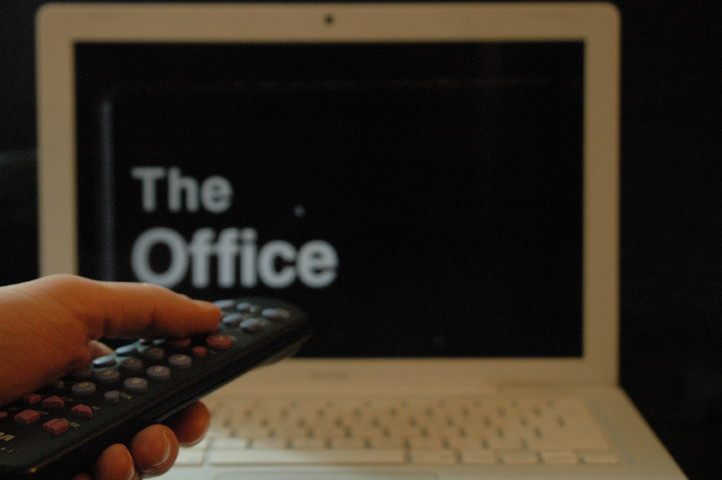The great Canadian television debate
Canadian TV networks battle the cable companies over fees
The war of words between Canadian television networks and cable companies continues in the lead-up to the CRTC’s February decision on whether cable companies should pay the networks to carry their signals.
Networks like CTV are banding together and aiming to change 40-year-old Canadian Radio-television and Telecommunications Commission regulations that allow cable companies to carry network signals without paying for them. Cable and satellite providers are up in arms, stating that charging them money to carry local networks will be a cost passed onto consumers. This cost has been labeled a “TV tax” by companies like Rogers.
“The proposed ‘TV tax’ is a fabrication from the cable companies. We are only asking to be paid fairly for the services we provide,” said Bill Hanson, vice-president and general manager of CTV Winnipeg.
“We spend millions of dollars on rights to networks, with customers expecting more and more from us. We don’t feel that viewers should have to be charged for signals that they can get from an antenna,” said Rogers vice-president of public affairs Jan Innes.
Over 100,000 letters from viewers across the country have been sent to the CRTC in support of local networks and 85,000 people have voiced their opinions on StopTheTVTax.ca, a website run by cable companies.
“Only government can charge taxes,” said Hanson. “The [cable] companies are using this term as a scare tactic to prevent changes in CRTC regulations to avoid paying local networks ... [Cable companies] have used disinformation and fabrication with the Canadian public.”
You may have seen the wave of attack ads from both the TV networks and the cable companies flood the airwaves a few months ago. Both sides showed distraught Canadians either concerned with having to pay more for cable and satellite services or with the destruction of local TV.
Cable companies believe that charging viewers to access local networks is fair business. As with any new fees imposed on them, cable companies pass the charges along to their viewers.
With more and more content available on the Internet, Innes said he wants to “make sure customers are getting value out of cable. It’s not fair that networks provide shows free online, yet want us to pay for airing them.”
Jennifer Steiss, a second-year psychology student at the University of Winnipeg, watches TV online daily.
“It’s free and convenient. I can watch what I want, when I want. Students can’t afford to pay an extra fee for cable and may turn to online sources.”
Both sides are unsure about the outcome of the CRTC’s decision. There have been three hearings about it in the last year.
The UK already has a yearly TV tax as a licensing fee for BBC. Canada’s proposed “tax” would cost viewers $10 more a month to access local networks.
If a negotiation doesn’t work out, the networks say they will no longer have cable and satellite companies carry their signals.
“We pay for Canadian rights to shows like CSI and American Idol. If they drop us they cannot air those programs on ABC, NBC or Fox,” said Hanson.
Published in Volume 64, Number 16 of The Uniter (January 21, 2010)







